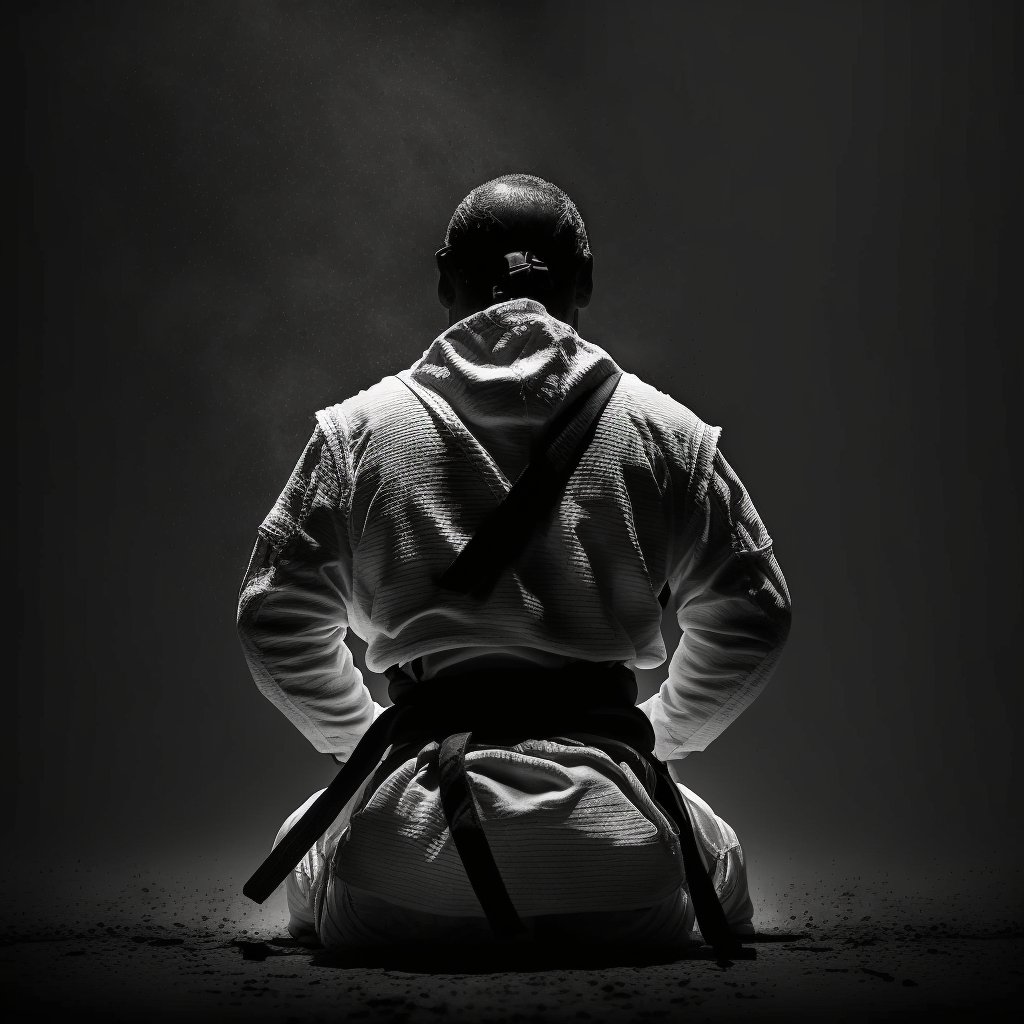Welcome To Josiah Kick's Blog
The one stop shop for expert insights, techniques, and inspiration in the world of martial arts. From technique tutorials and training tips to history of martial arts around the world, our blog is your go-to resource for all things martial arts. Join our vibrant community, connect with like-minded enthusiasts, and embark on an exciting martial arts journey with us!
New Post Every Monday, Wednesday, and Friday

The Environmental Impact of Martial Arts: Sustainable Training
The Environmental Impact of Martial Arts: Sustainable Training
The martial arts, from kung fu to taekwondo to Brazilian jiu-jitsu, have long been celebrated for their ability to cultivate discipline, fitness, and mindfulness. However, as the world becomes increasingly aware of environmental issues, it's essential to take a closer look at the environmental footprint of martial arts training and how practitioners can adopt more sustainable practices.
1. The Carbon Footprint of Dojos and Training Centers
Many traditional dojos and modern training centers consume significant amounts of energy, especially if they are in regions that require heating or cooling for a good portion of the year. Lights, heating systems, air conditioning units, and even electronic equipment can contribute to a dojo's carbon footprint.
Sustainable Solution: By adopting energy-efficient solutions, such as LED lighting, solar panels, and proper insulation, dojos can reduce their energy consumption and overall environmental impact.
2. Gear Production and Waste
Manufacturing martial arts gear, from uniforms (gis) to protective equipment, often involves processes that can be harmful to the environment. Moreover, when old or damaged gear is discarded, it can end up in landfills, adding to the waste problem.
Sustainable Solution: Opt for gear made from sustainable or recycled materials. Additionally, recycling or repurposing old gear, rather than discarding it, can also help.
3. Transportation and Travel
Martial arts competitions often involve travel, sometimes internationally. This travel, whether by car, bus, or plane, can add to greenhouse gas emissions.
Sustainable Solution: Carpooling, using public transportation, or even participating in local competitions can help reduce the carbon footprint associated with martial arts-related travel.
4. Water Usage
Maintaining hygiene, especially in martial arts disciplines that involve close contact, means a lot of laundry. Washing uniforms and towels can consume large amounts of water over time.
Sustainable Solution: Invest in water-efficient washing machines, and encourage students to wait until they have a full load of laundry before washing to reduce water consumption.
5. Sustainable Mindset in Training
Martial arts, at their core, are about balance, respect, and harmony, values that align well with environmental stewardship.
Sustainable Solution: Dojos can incorporate environmental education into their curriculum, teaching students about the importance of sustainability in the context of their martial arts training. Planting trees, organizing beach or park clean-ups, or even just discussing the importance of nature can create a more environmentally-aware martial arts community.
In Summary:
Martial arts, with their emphasis on discipline and respect, are well-positioned to lead in the area of environmental sustainability. By making mindful choices in how they operate and what they teach, dojos can not only reduce their environmental footprint but also inspire their students to do the same in other areas of their lives. As the ancient saying goes, "The journey of a thousand miles begins with a single step." In the context of sustainable martial arts, that step is recognizing our impact and making proactive changes for the betterment of our planet.

